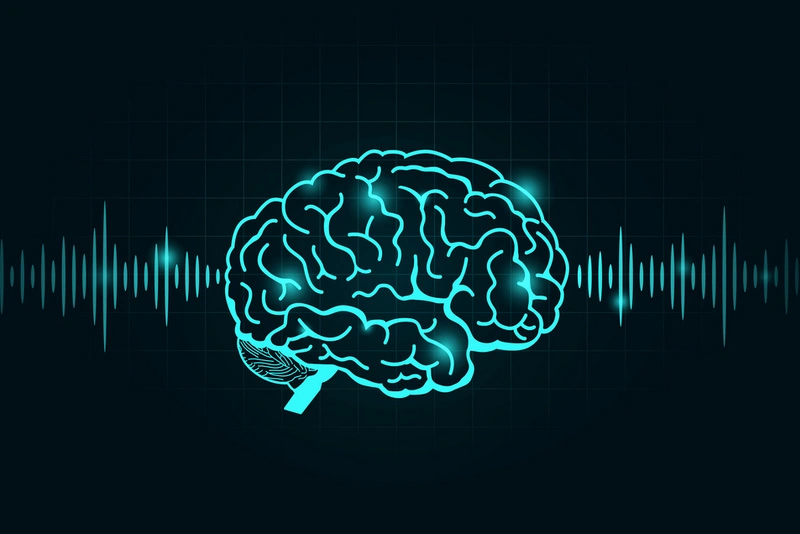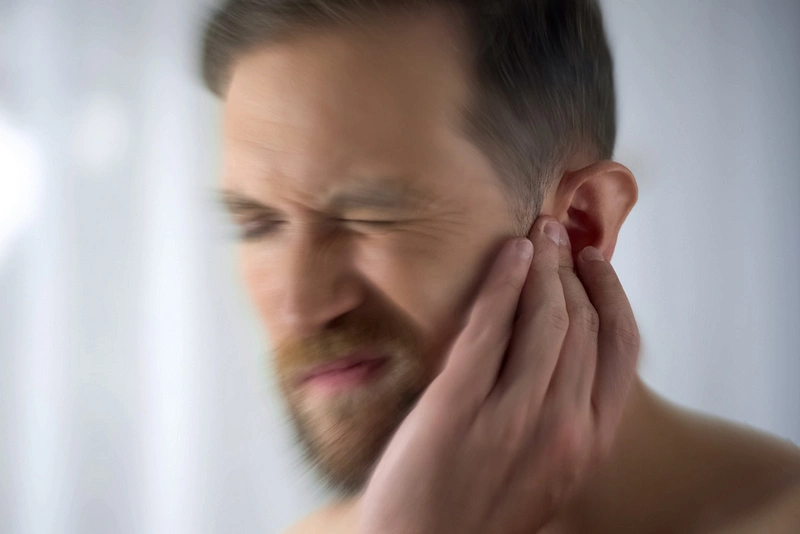This article will provide comprehensive information about Transcranial Magnetic Stimulation (TMS) as a promising breakthrough in tinnitus relief.
Introduction
Tinnitus is a condition where an individual perceives sounds even though there isn’t any actual source of sound. An average of 9% of the population lives with chronic tinnitus, and of those, over 2% struggle with severely debilitating tinnitus that can lead to secondary issues like:
- Depression
- Insomnia
- Cognitive dysfunction
Those who struggle with tinnitus need innovative solutions for treatment, and TMS offers such solutions.
What is TMS and How Does it Work for Tinnitus?
Functional imaging studies have confirmed that most cases of tinnitus relate to maladapted plasticity in the auditory system as well as hyperactivity in the auditory central nervous system, coactivation of non-auditory structures in the brain, particularly the dorsolateral prefrontal cortex, anterior cingulate cortex, and insula.
Transcranial magnetic stimulation, TMS, is a non-invasive and non-medicinal form of treatment that uses magnetic pulses to stimulate specific regions of the brain, namely the dorsolateral prefrontal cortex, insula, and anterior cingulate cortex.
TMS can send pulses to the areas that relate to maladaptive plasticity or hyperactivity to help send better blood flow and, activate areas that need to be activated, and deactivate areas that are hyperactive. All of this works together to inhibit certain Pathways within the auditory system that relate to tinnitus.

Clinical Studies and Efficacy of TMS for Tinnitus
One study reviewed the long-term effectiveness of TMS therapy for tinnitus and found that there was increased activation in the auditory cortex with significant improvement in tinnitus symptoms after just five days of magnetic stimulation. Moreover, after six months, there was still a significant reduction of symptoms, indicating that chronic tinnitus can be effectively treated with TMS.
Another meta-analysis confirmed that across all studies, including TMS for tinnitus, patients enjoyed statistically significant reductions in tinnitus symptoms both one month after treatment and six months after treatment.
More work has corroborated the use of TMS tinnitus treatment as a successful way to reduce tinnitus in acute or chronic cases.
The use of low-frequency TMS was successfully demonstrated as a form of TMS therapy for tinnitus with significant benefits after targeting the prefrontal cortex.
Benefits and Potential Side Effects
The benefits associated with TMS tinnitus therapy are that you can reduce your symptoms and their severity for several months at a time. With studies confirming that significant results are enjoyed within a matter of days, it doesn’t take a great deal of time to achieve relief.
Side effects are minimal, with most people not experiencing any side effects at all. Those who do tend to experience minor headaches or irritation and discomfort at the site where the electrodes are placed on their head, but this also diminishes over time such that after several sessions, you may not experience those symptoms at all.
Is TMS Therapy Right for You?
Determining whether TMS therapy is right for you is very personal and something you should discuss with any existing medical team.
It is important to note that almost all studies to date have confirmed that TMS is an effective form of therapy for tinnitus, but it doesn’t cure tinnitus or offer a permanent solution. That said, you’ll need to be prepared for the possibility that the efficacy will only last several months before the TMS treatments need to be repeated.

Given that there are next to no side effects associated with TMS, you can continue treatments for as long as you need without the effectiveness of TMS diminishing over time and without any serious complications.
Future of TMS and Tinnitus Treatment
While current studies and research have confirmed that this form of therapy may only provide significant relief for several months, that doesn’t mean that future research won’t find a method that offers longer results.
TMS vs. Traditional Tinnitus Treatments
At present, the treatment received for tinnitus is often very personal, based on whether or not the tinnitus is caused by other health conditions.
For example:
- If tinnitus is caused by age-related hearing loss, a hearing aid might be the first line of treatment.
- If tinnitus is caused by medication, your doctor might change the medication you are prescribed.
- If tinnitus is caused by a blood vessel condition, there might be surgery or medication that can fix it.
However, in most cases, tinnitus can’t be cured because it isn’t related to an underlying health condition, and in these situations, the treatment available usually relies on suppressing the sounds or symptoms of tinnitus so that they aren’t as noticeable and don’t interfere with your daily life.
This can include white noise machines or masking devices.
Tangentially, you might participate in behavioral treatment programs to change your relationship to tinnitus, such as tinnitus retraining therapy or cognitive behavioral therapy.
On rare occasions, you might be provided with medications to reduce the symptoms.

Combining TMS with Other Therapies
That said, TMS is a much more useful form of treatment compared to therapy or white noise machines that simply try to change how you respond to the symptoms because they actually Target the symptoms themselves. Medication often helps reduce the severity, but TMS can do so more effectively and for a longer length of time without the same side effects.
You can, of course, combine traditional tinnitus treatments like therapy or medication or even things such as hearing aids with TMS. There are next to no side effects of TMS and no contraindications with other medications or forms of treatment.
Personal Experiences and Testimonials
Studies indicate that personal experiences with TMS and tinnitus might vary. For example, one literature review found that some patients experienced significant relief that lasted only a few weeks after their treatment ended, while others enjoyed relief up to 26 weeks following their last treatment.
However, most studies have confirmed that patients enjoy significant relief for up to 6 months or more.
Realistically, the only way to know how effective TMS tinnitus treatment will be for you is to work with a qualified professional and keep notes on how long the effects of treatment last. For long-lasting relief, TMS might work better when combined with traditional treatments, or it might be adequate for a course of treatment you receive annually or every few months.
Summing Up
There is great potential for TMS therapy to provide relief for tinnitus sufferers. If you or someone you know is struggling with tinnitus, consider discussing the efficacy of TMS therapy for tinnitus with your doctor today.